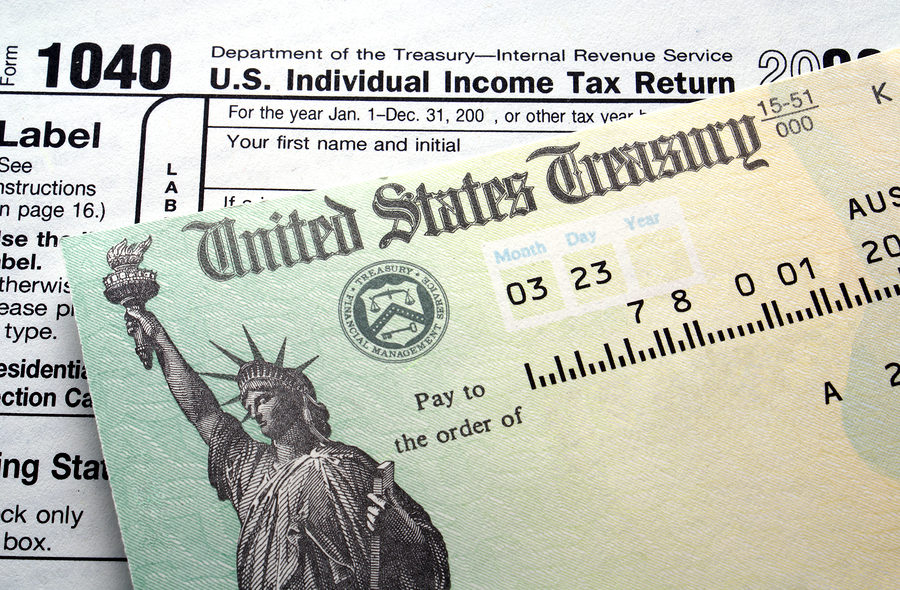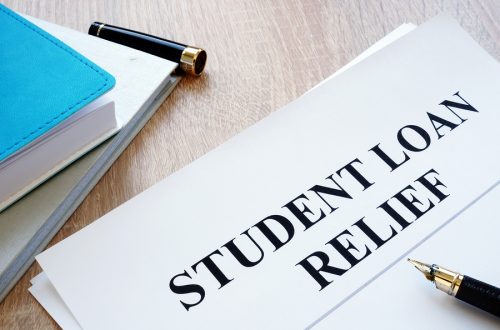Many student loan borrowers struggle to keep up with their federal student loan payments upon graduation, but defaulting on student loans can end up resulting in the loan servicer garnishing the borrower’s state and federal tax refunds. Here’s what borrower’s need to know about tax refund garnishment.
The Treasury Offset Program, established in 1986, overseen by the Bureau of Fiscal Service, gives departments within the federal government the ability to ask the Internal Revenue Service (IRS) to garnish tax refunds to collect on defaulted debt owed toward either state or federal government entities. This action is known as a tax offset. A tax offset does not mean that the borrower will lose all his or her refund. The government can choose to seize the entire refund or a portion of the refund, depending on how much debt is owed. If part of the refund pays off the debt owed, including fees and interest charges, whatever is left of the refund will then be forwarded to the borrower.
If the borrower is married and filing jointly with his or her spouse, the IRS can take the couple’s entire tax refund, even if one spouse does not have any student loan debt. The possibility exists for that spouse to get his or her portion of the refund back by filing what is called an injured spouse claim form, IRS form 8379.
To enforce a tax offset, the IRS must notify the borrower by mail that they intend to take some or all the tax refund. This notice will give the borrower a certain amount of time to respond. This response can include formally challenging the offset, agreeing to pay the debt owed or not doing anything at all, which will almost always result in the refund being garnished.
Borrowers are always welcome to contact the loan servicer to see if some or all the refund can be returned. Every loan holder has their own standards for allowing a reversal of garnishment. If the borrower will be able to make payments again on the defaulted student loan debt, that may be enough to get the refund returned in full.
One important fact to keep in mind is that the federal government is not bound by any statute of limitations when it comes to federal student loans. They can enforce a tax offset for every tax year until the entire student loan balance is paid in full. Depending on how much a borrower owes, this process can take some time.
So long as the borrower is on a repayment plan and is not in default, his or her tax refund should be secure. A default occurs when the student loan borrower fails to make scheduled student loan payments for at least 270 days, if the borrower’s loans are made through the William D. Ford Federal Direct Loan Program or the Federal Family Education Loan Program. Unfortunately for borrowers whose loans are Federal Perkins Loans, the borrower is considered in default as early as the first day the payment is late, giving them a very small grace period.
For borrowers who are struggling with student loan debt, relief options are available. Many student loan borrowers are unaware that they have rights and repayment options available to them, such as postponement of loan payments, reduction of payments or even a complete discharge of the debt. There are ways to file for bankruptcy with student loan debt. It is important you contact an experienced Miami bankruptcy attorney who can advise you of all your options. As an experienced CPA as well as a proven bankruptcy lawyer, Timothy Kingcade knows how to help clients take full advantage of the bankruptcy laws to protect their assets and get successful results. Since 1996 Kingcade Garcia McMaken has been helping people from all walks of life build a better tomorrow. Our attorneys help thousands of people every year take advantage of their rights under bankruptcy protection to restart, rebuild and recover. The day you hire our firm, we will contact your creditors to stop the harassment. You can also find useful consumer information on the Kingcade Garcia McMaken website at www.miamibankruptcy.com.
Related Resources:
Student Loan Tax Garnishments and What You Should Know, Forbes.com.
How to Stop Student Loans from Taking your Tax Refund, Nerd Wallet.



